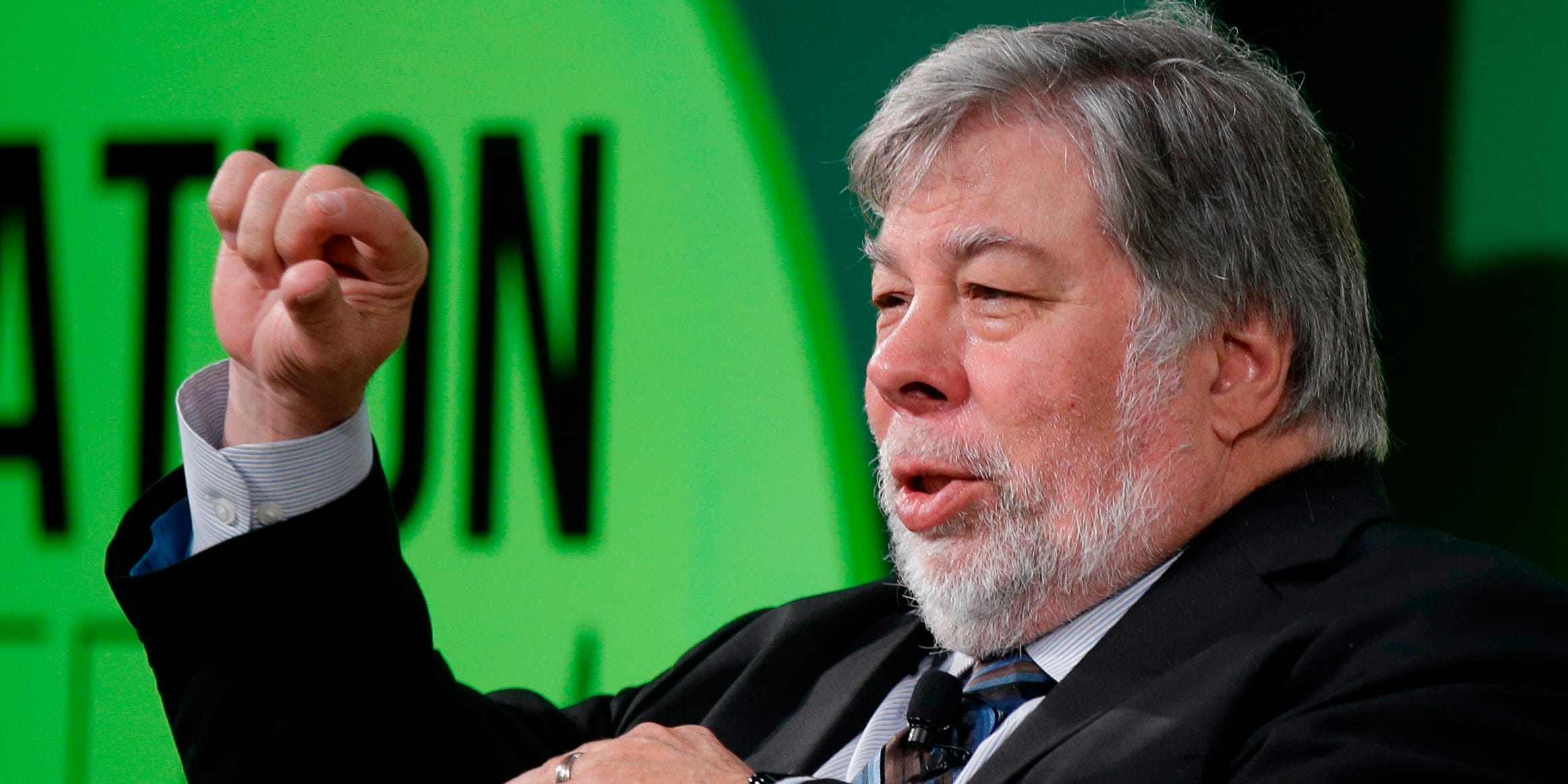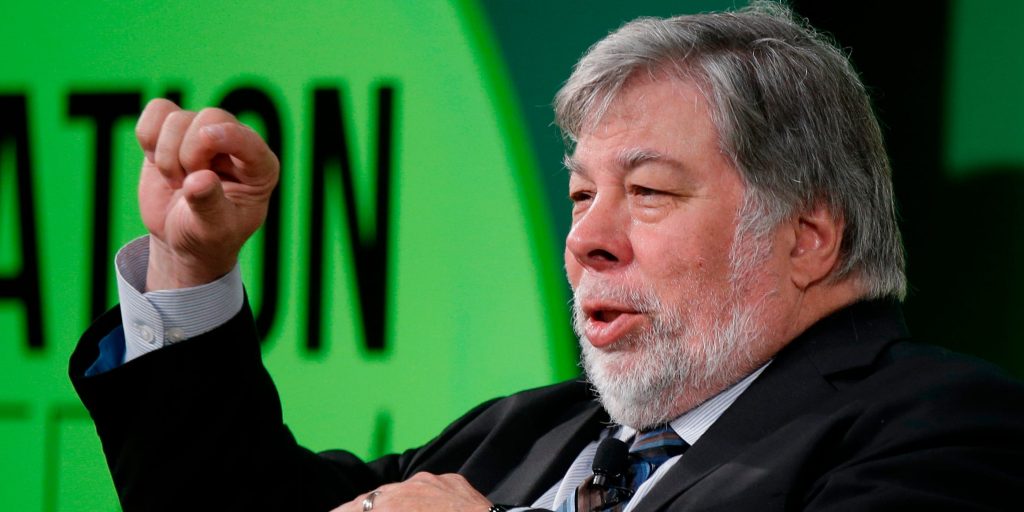
AP Photo/Luca Bruno
- Apple cofounder Steve Wozniak lost his lawsuit over a bitcoin scam against YouTube.
- A federal law protects YouTube from being treated as liable for content posted on its platform.
- Wozniak has been given 30 days to revise his complaint against the Google-owned video giant.
- Sign up here for our daily newsletter, 10 Things Before the Opening Bell.
Apple cofounder Steve Wozniak was told in a court ruling that YouTube isn't responsible for his images being used to promote scam bitcoin giveaways, Bloomberg reported on Wednesday.
YouTube and parent company Google are protected under a federal law that safeguards internet companies from being treated as liable for content put up by users. Section 230 of the Communications Decency Act states that "no provider or user of an interactive computer service shall be treated as the publisher or speaker of any information provided by another information content provider."
Images and a video of Wozniak were used by YouTube scammers to trick viewers into believing he was hosting a live giveaway, in which anyone who sent him bitcoin would receive double the amount in return, according to the lawsuit. Wozniak, who stepped down from Apple in 1985, filed the complaint against the video-streaming service in California superior court last year, alongside several other plaintiffs.
The platform hosted such videos for months, which led to people being defrauded out of millions of dollars, the lawsuit claimed.
Scammers have pocketed record-breaking sums of money in 2021 so far, according to the BBC. Fake crypto giveaways often target the social-media accounts of high-profile figures and will, for example, hack into their account and post on their behalf, or impersonate the official account with a spoof account. In one instance, dogecoin scammers netted more than $5 million last month by exploiting Elon Musk's "Saturday Night Live" appearance.
Wozniak criticized YouTube for relying on Section 230, saying it had not only failed to remove the videos, but contributed to the scam by displaying targeted ads that drove traffic to them.
But these arguments aren't enough to overcome the US law that provides immunity to platforms for their users' content, Judge Sunil Kulkarni said in his Santa Clara County Superior Court ruling. The plaintiffs have been given 30 days to revise the complaint.
The Apple cofounder isn't the only tech figure to have been misrepresented in video-based scams. Screenshots of similar videos featuring Microsoft billionaire Bill Gates, Elon Musk, and Dell chairman and CEO Michael Dell were put forward in the lawsuit.
